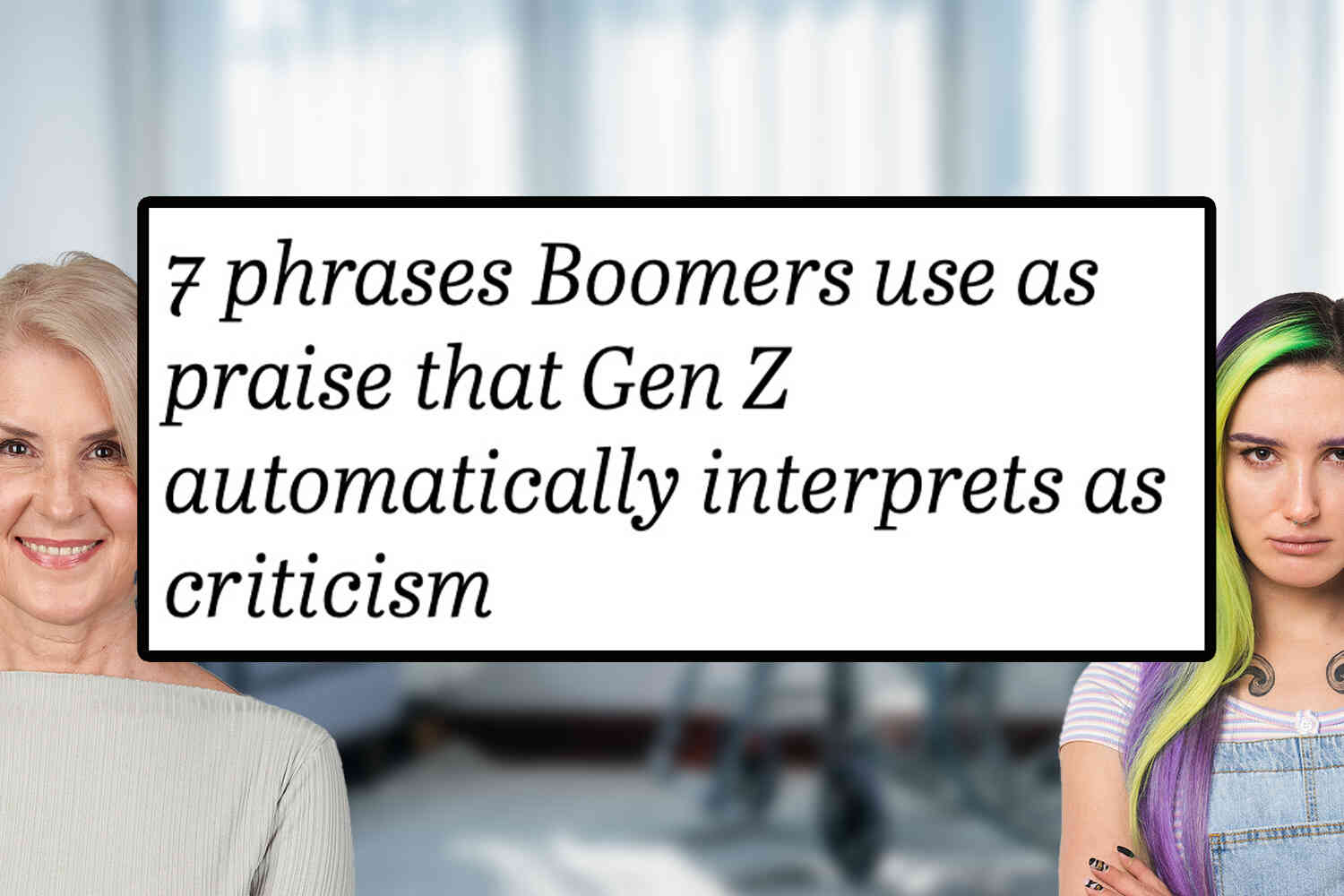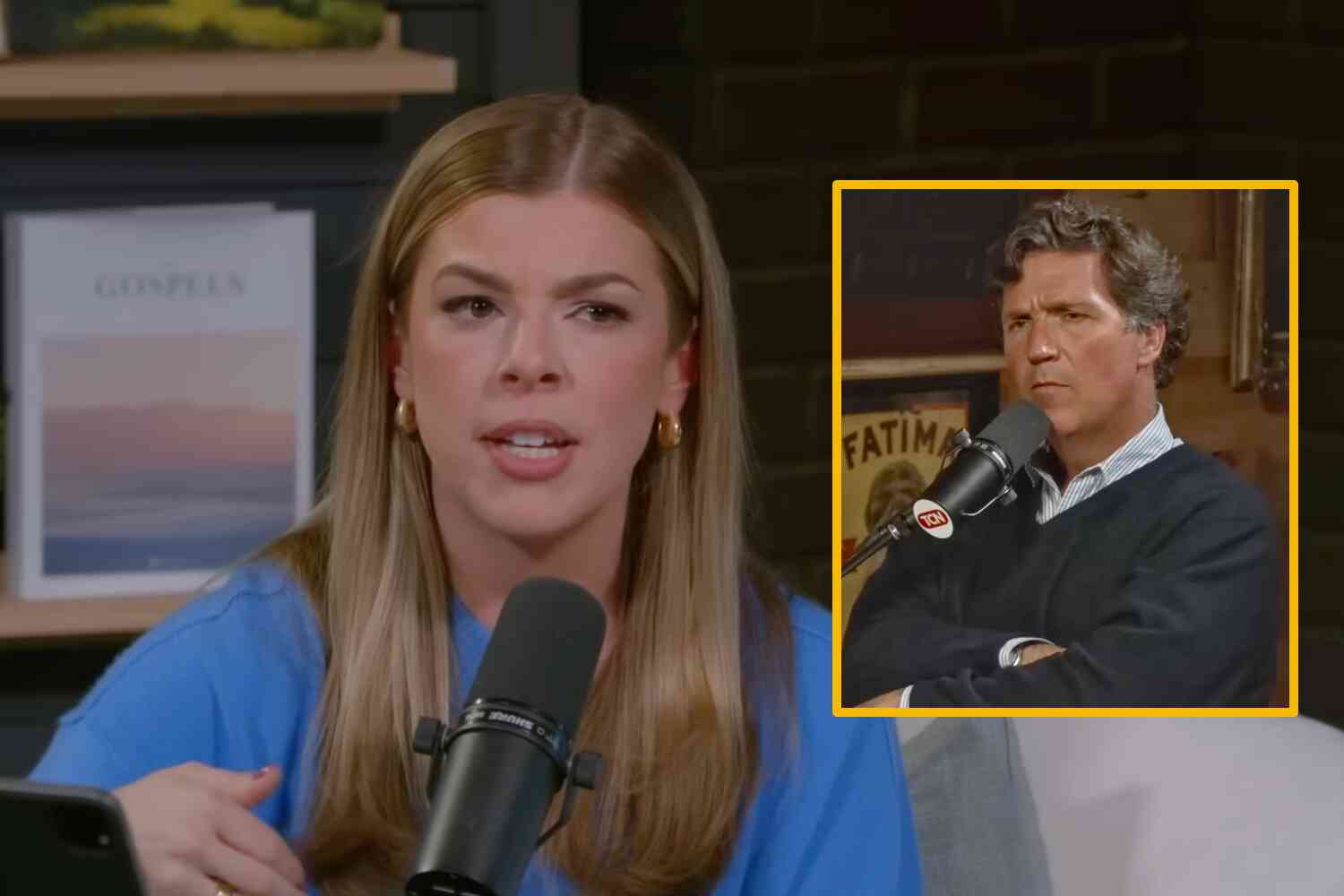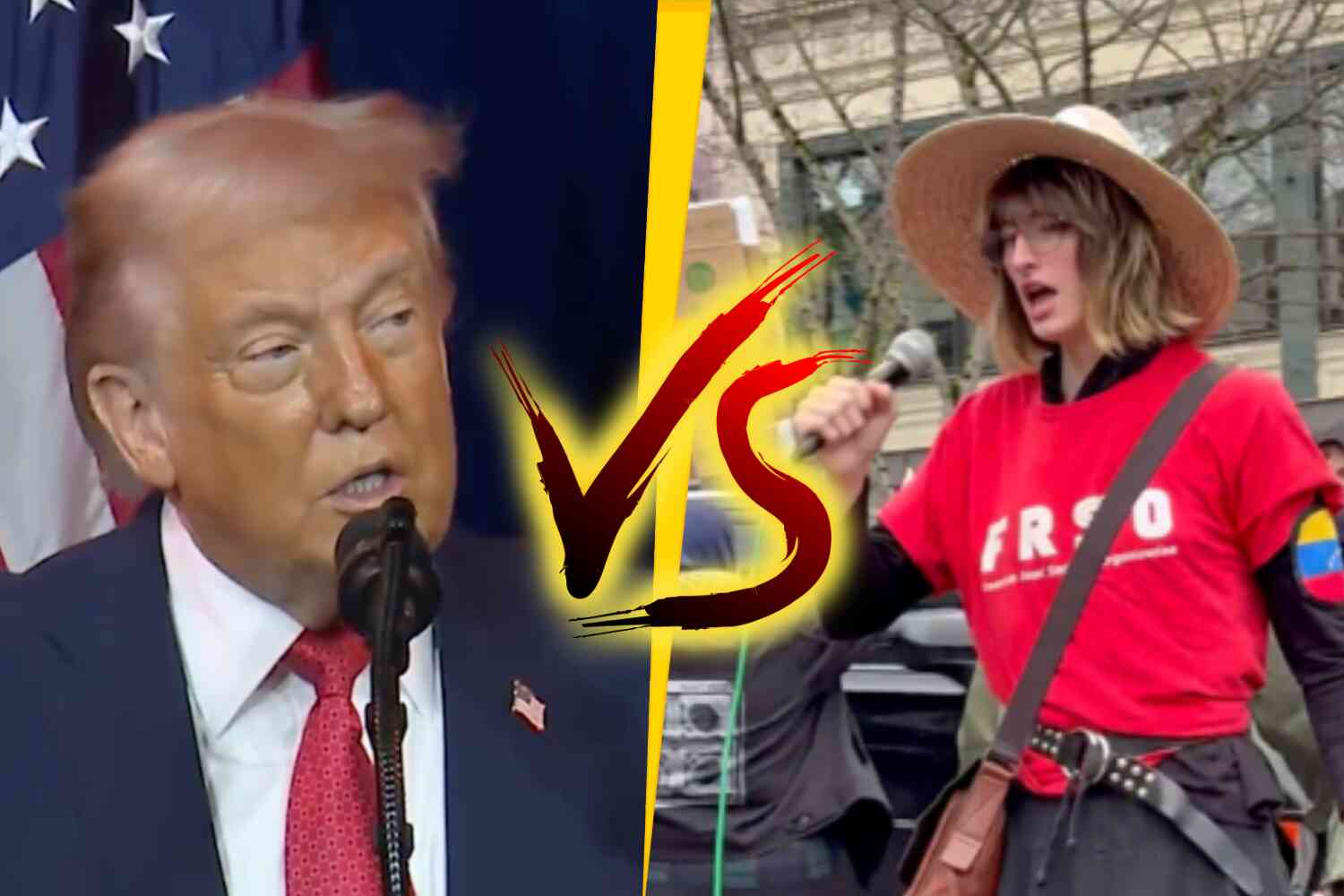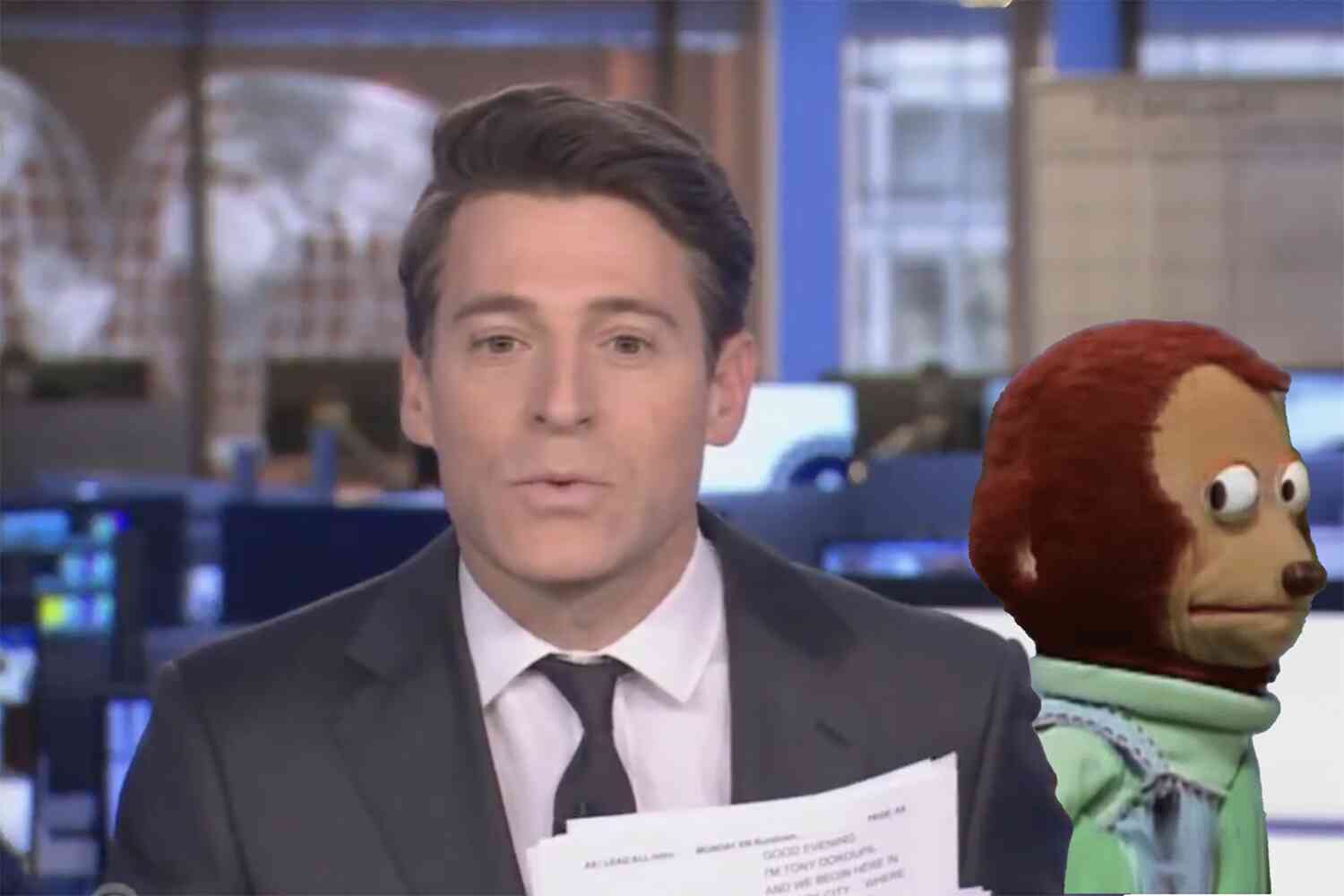I must be on guard writing this weekly What the Heck feature that I don't go to the well too often. That is, whenever you're summarizing the three most perplexing and confusing parts of the previous week for readers, it would be simple to just turn to the corrupt and backward world of American journalism for every example. It's a wellspring of buffoonery.
So I really do try to differentiate my selection. And to that end, while there will be one pseudo-journalist featured this week, we're starting off with something completely different.
The bomb saved lives
A few years ago, I started following one of the most fascinating Twitter accounts called "RealTimeWWII." The entire premise of the account is to imagine what it would have been like if Twitter was around during WWII, giving updates on the war in real time. Six years ago, it started in 1939, and posted events that occurred each day from then until now where we are watching the waning days of the war in 1945.
Days ago, the posts were about the approval of plans for the expected invasion of Japan. It's a little remembered part of the war's history, but operating without knowledge of the secret Manhattan Project, military commanders had no idea that the development of atomic bombs would spare the world the horror of an allied invasion of Japan's home islands. Check this out:
A million allied (U.S.) casualties and up to 10 million Japanese. Look, I understand the sense of dread that accompanies the reality that atomic and nuclear weaponry exists. I also can appreciate the embarrassment that some Americans feel for the fact that we are the only country in the world to ever use one on an enemy.
Still, intellectual honesty and ethical clarity demands that any debate over the morality of dropping the bomb take into consideration the horrific alternative that these tweets depict. Remember, Japan did not surrender after Hiroshima was obliterated. Only after a second bomb was detonated over Nagasaki and the Japanese faced the prospect of complete and utter destruction that they laid down their arms. With so determined an enemy, there's little question over the accuracies of the invasion casualty projections.
The bomb was dreadful. The prospect of an Okinawa from one end of Japan to the other seems far worse.
The View of hypocrisy
The job of being resident conservative on the ABC afternoon gabfest isn't an easy one. It grated on Elizabeth Hasselback to the point she had to leave for the sake of her sanity. Others who attempted to fill her stead were either too smart, too great a challenge to the show's leftist narrative, or were simply uninterested in playing foil to four regularly unhinged co-hosts.
So I'm inclined to offer former Trump administration official Alyssa Farah Griffin some slack. But her reaction to Florida Governor Ron DeSantis announcing his presidential bid on Twitter and largely avoiding traditional (and notoriously anti-Republican) media sources was inexplicable.
Griffin has a vested interest in seeing DeSantis implode since she predicted back in February that DeSantis would…implode. But this was so self-unaware it defies explanation:
If you go to check the replies to her tweet, you can't. Instead, you'll see this:
Call me crazy, but I don't know that a media member who is unable to talk to and face unfriendly responses from the public needs to be offering criticism of who presidential candidates do and don't talk to.
Trump vs Trump
Florida Governor Ron DeSantis has been taking a lot of criticism from fellow Republican presidential candidates for his highly publicized dispute with corporate behemoth Disney. Former President Donald Trump has been at the forefront of that criticism, calling DeSantis inept, and suggesting that the governor's beef with Disney is nothing more than a "political stunt."
I suppose he could be right. This could be a huge public relations effort on the part of DeSantis, and have nothing to do with the company's woke posturing. But if that's the case, it seems a bit of an odd move for Trump himself to blast Disney's woke posturing, no?
It's an expected feature of primary season to see which policy conflicts among candidates become explosive and memorable. So far the frontrunner in that category may be the policy conflict Trump is having with himself.
Disclaimer: The opinions expressed in this article are those of the author and do not necessarily reflect the opinions of Not the Bee or any of its affiliates.









